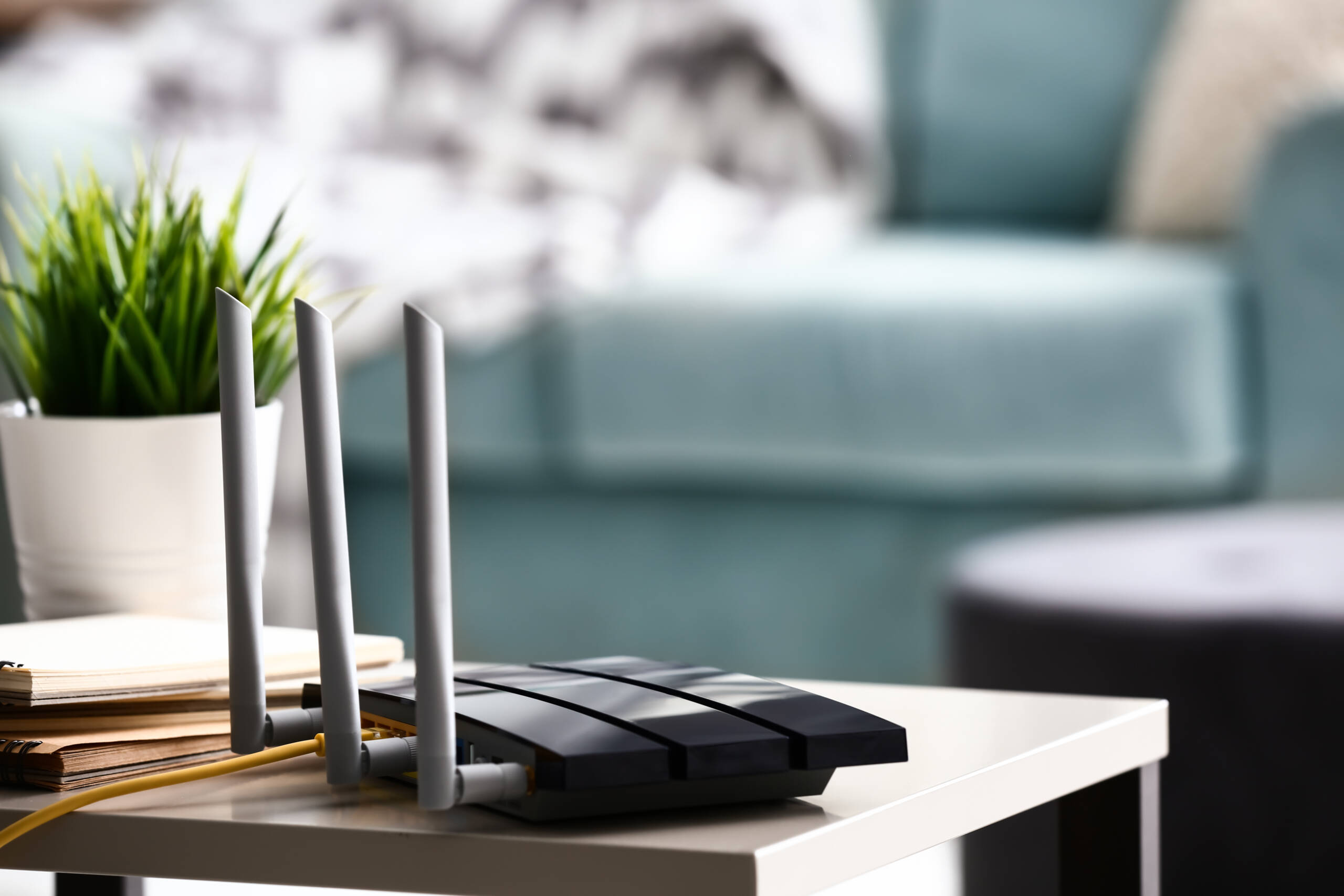When an electrical power outage hits your neighborhood, you’ll be asking: “Where can I find standby generators near me for sale?” Trust us — you’re going to want to ask and answer this question well before the electricity goes down in your area.
Also known as a home backup generator, this modern and cost-effective convenience provides homeowners with more than just peace of mind. During extended power outages, a home standby generator provides the same everyday electricity that you rely on to live comfortably — day or night.
These highly advanced durable units can be installed outside your home, automatically turning on to keep vital appliances, lights, internet, and other devices running until electricity from your local power grid is restored. In addition to a variety of sizes, grades, and output options, home standby generators come in a range of fuel types.
Navigating the ‘Standby Generators Near Me’ Question
The best and most trustworthy home backup generators run on propane (liquefied petroleum gas) or natural gas. If you need help determining which option is right for you, our experts can guide you through the process.
A standby generator for your home is connected to your house’s power supply and controlled by an auto-transfer switch. The generator comes with a corrosion-resistant enclosure made of the best outdoor material. Self-testing functions, meter metrics, and controllers are convenient features of the system that enable monitoring and management. Additionally, the system features removable doors, which make inspection and service more accessible.
Your “standby generators near me” search should start with the following questions:
- Will it protect my home and everything inside? Gasoline and power cables are unnecessary when you have a home backup generator running off natural gas or propane. This virtually eliminates the risks of fire and carbon monoxide poisoning and electrical shock. Homeowners from decades past never had something like this.
- Is it easy to use and maintain? You’ll feel safe and secure even when you’re away. During power outages, critical systems like the air conditioner, water heater, refrigerator, and freezer will automatically be restored to power. If you’re at home, you’ll continue living as if nothing ever happened.
- Do I get immediate power on demand? Modern standby generators can provide more power to your home for longer periods of time. In theory, it could power your entire house depending on its size.
- Is it the invaluable investment I absolutely need? For thousands of homeowners, the answer to this question is a resounding “yes.” Every time the power goes out, a home backup generator pays for itself. For many, having one also increases the value of your home. Aside from providing clean power for expensive electronics found in today’s houses, it also delivers stable voltage.
Optimize Your Exact Generator Needs
A typical home has a 200-amp main breaker, which means 200 amps is the maximum amount of electricity your house can consume. In older homes that are smaller, the power supply may be 100 to 150 amps. A power-transfer switch that matches your home’s main panel is very important.
Additionally, internet Wi-Fi options are usually standard these days on many standby generator models. You can integrate your generator with home internet and mobile devices to control it remotely. This lets you check the status and stay alert to your current power situation when you’re away.
We’ve Got Your Back — and Your House

At Danley 911 Home Services Electrical, we can help you assess and optimize your situation, so you get the most out of your investment. This includes helping you determine the correct generator size. For most, it’s important to invest in a large enough backup generator to power both your house and air conditioner.
Depending on the brand and series, you can choose from a variety of kilowatt options. 10Kw, 14Kw, 18Kw, 22Kw, 24Kw, or 26Kw — as well as 22Kw, 27Kw, 32Kw, 38Kw, 48Kw, 60Kw, and 150Kw.
